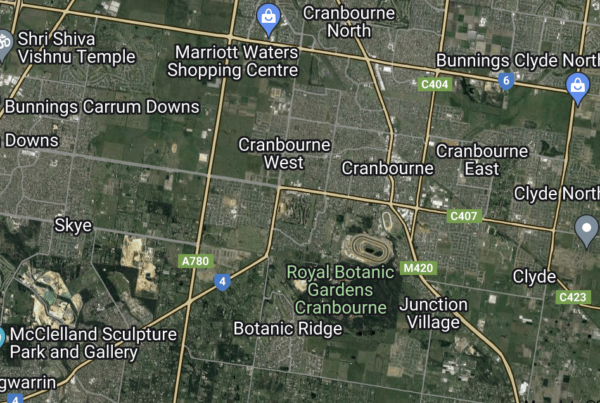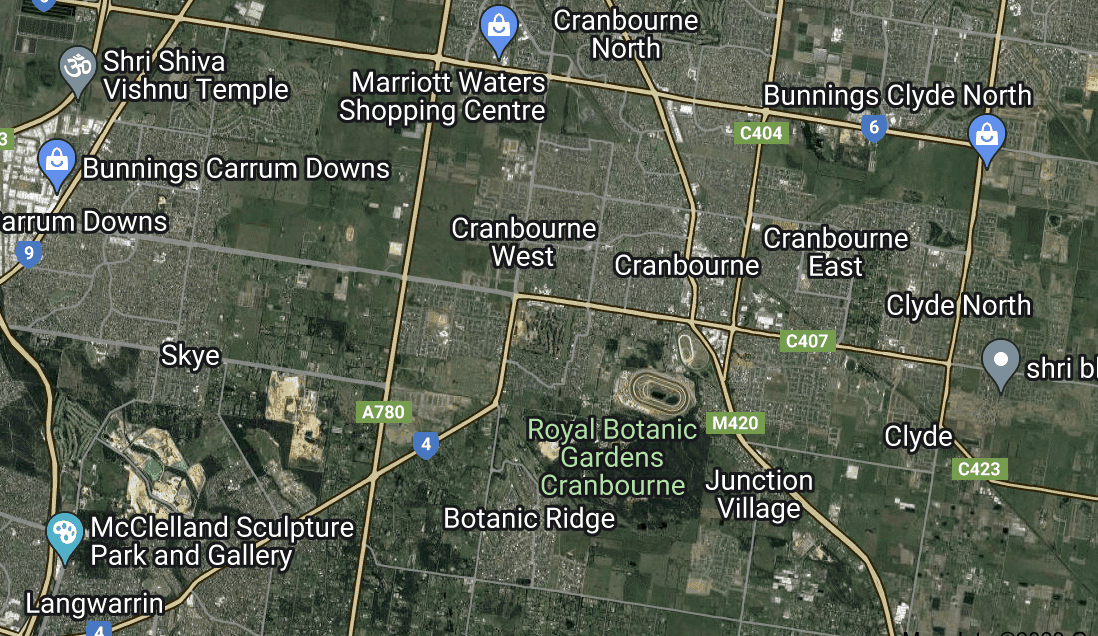
Finding the Best GP in Cranbourne: Your Comprehensive Guide
Choosing the right General Practitioner (GP) is a crucial decision that can significantly impact your healthcare journey. A GP is often the first point of contact for any health-related concerns and plays a pivotal role in maintaining your overall well-being. This guide is specifically tailored for residents in Cranbourne, VIC, Australia, to help you make an informed decision when selecting a GP. If you’ve ever asked how to find a good GP or what your options are for choosing a GP then this is the guide for you!
Understanding the Importance of a Good GP
A reliable GP is an invaluable asset in your healthcare journey. They are responsible for diagnosing illnesses, providing treatments, and referring you to specialists when necessary. Having a trustworthy GP in Cranbourne ensures that you receive timely and appropriate medical care.
The Role of a GP in Your Healthcare Team
A GP serves as the cornerstone of your healthcare team. They are responsible for your primary care, which includes preventive health, chronic disease management, and general health advice. Their role is especially central in Cranbourne, given the area’s growing healthcare infrastructure.
Why Cranbourne Residents Should Prioritise Finding a Good GP
Being part of one of Melbourne’s biggest growth corridors, Cranbourne has a burgeoning healthcare ecosystem, making it even more essential for residents to have a local GP. A local GP can provide timely care and understands the specific healthcare needs and challenges of the Cranbourne community.
Key Factors to Consider When Choosing a GP in Cranbourne
When selecting a GP, several factors should be considered, each of which has its own importance in the context of Cranbourne.
Proximity and Accessibility
Given Cranbourne’s layout and traffic conditions (hello roundabouts and road works!), finding a GP nearby can save you valuable time. Consider the availability of public transportation and parking when making your choice. At HealthMint we are fortunate to have a large carpark next to our clinic in Cranbourne, and patients love the convenience of quick and easy parking!
GP’s Expertise and Specialisation
It’s essential to choose a GP whose skills and interests align with your healthcare needs. Cranbourne boasts a variety of clinics and GPs with diverse specializations, so take the time to research and find the right fit. For example, the various GPs who consult at HealthMint Cranbourne’s interests include the following:
- Mental Health
- Complex chronic disease management
- Skin – including mole removal
- Pregnancy planning and shared care
- IUD and Implanon insertion and removal
- Children’s health
- Men’s and Women’s health
- Iron infusions
The Importance of Practice Accreditation
One often overlooked but crucial factor in choosing a GP is the accreditation status of the practice. Accreditation is a quality assurance process that medical practices undergo to demonstrate their commitment to maintaining high standards of care. In Cranbourne, as in other parts of Australia, accredited practices have met specific benchmarks for quality, safety, and service delivery. When you choose a GP from an accredited practice, you can be confident that the clinic has been rigorously evaluated and meets or exceeds industry standards. This not only ensures that you receive the best possible care but also adds an extra layer of trust and reliability to your healthcare experience. Therefore, always inquire about the practice’s accreditation status when considering a new GP.
Leveraging Reviews and Recommendations
Online reviews and personal recommendations can provide valuable insights into a GP’s reputation.
Online Reviews: What Cranbourne Locals are Saying
Local forums and community boards often feature reviews and recommendations for GPs in Cranbourne. These platforms can offer firsthand accounts of patient experiences.
Where to Find Trustworthy Reviews: HealthMint’s Online Reputation
If you’re looking for firsthand accounts of experiences with GPs, online review platforms can be incredibly helpful. HealthMint is proud to have garnered positive reviews on multiple websites, reinforcing our commitment to quality healthcare. You can find verified patient reviews on platforms such as Google My Business, Word of Mouth Online, and Facebook. These reviews offer insights into various aspects of our practice, from the friendliness of our staff and the overall patient experience to the skill or the doctors consulting at HealthMint. We encourage you to explore these reviews to get a comprehensive understanding of what HealthMint has to offer to the Cranbourne community.
Word-of-Mouth: Trusted Recommendations from Cranbourne Residents
Don’t underestimate the power of a personal recommendation. Ask friends, family, or neighbours for their experiences and suggestions.
Making Your Final Decision
Once you’ve gathered all the necessary information, it’s time to make your final decision.
Setting Up an Initial Appointment
Before committing, set up an initial appointment to assess the GP’s suitability. Pay attention to the clinic’s environment, the staff’s professionalism, and the GP’s approach to care.
We offer Cranbourne residents the ability to book online and encourage new patient’s to give the doctors that work at our Cranbourne clinic a try!
Trusting Your Instincts
Your comfort and trust in your GP are paramount. If something feels off during your initial visit, it might be worth considering other options, including a different doctor in the same practice.
Make A Booking With a GP who Consults at HealthMint Cranbourne Today!
Choosing the right GP is a significant decision that should not be rushed. Take your time, do your research, and make an informed choice that suits your healthcare needs best. Cranbourne residents, your health is too important to leave to chance. Make a booking with one of the GPs who consult at HealthMint Cranbourne today to start your journey towards better health.




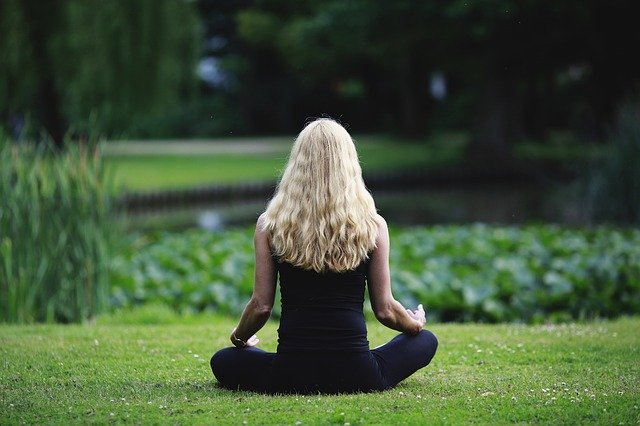
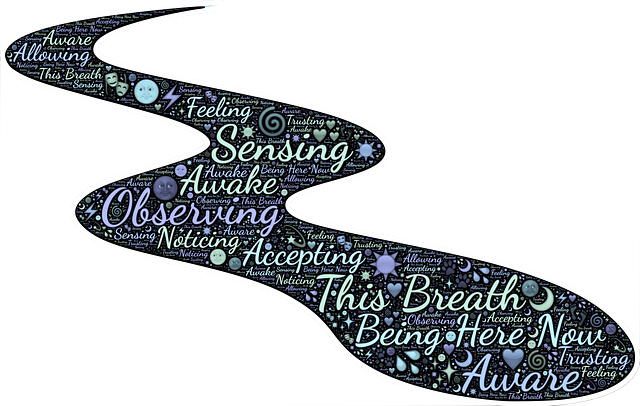


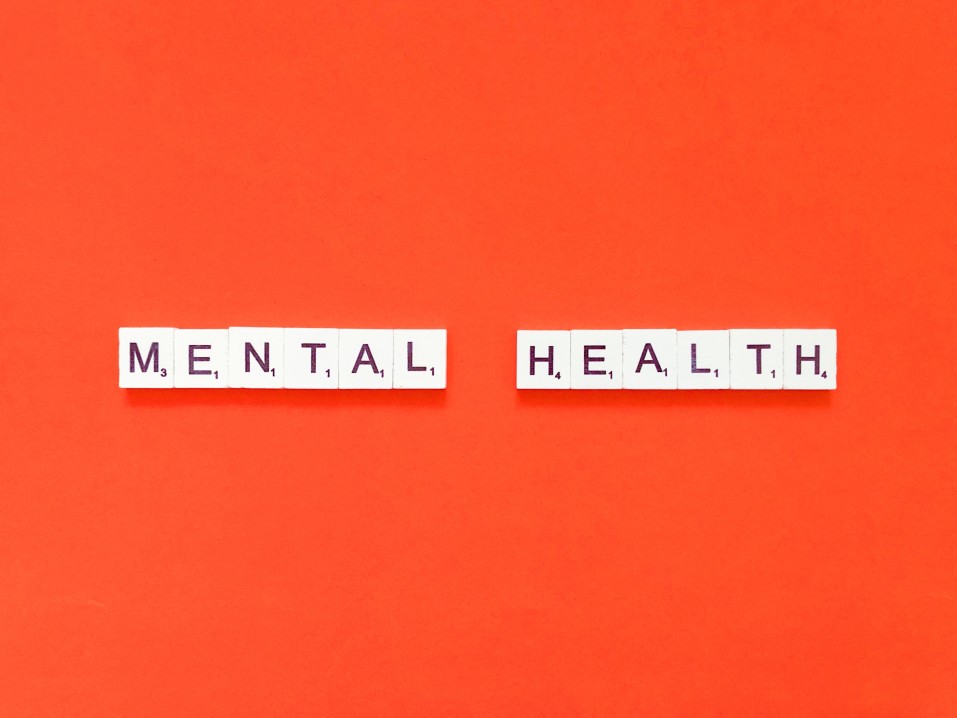

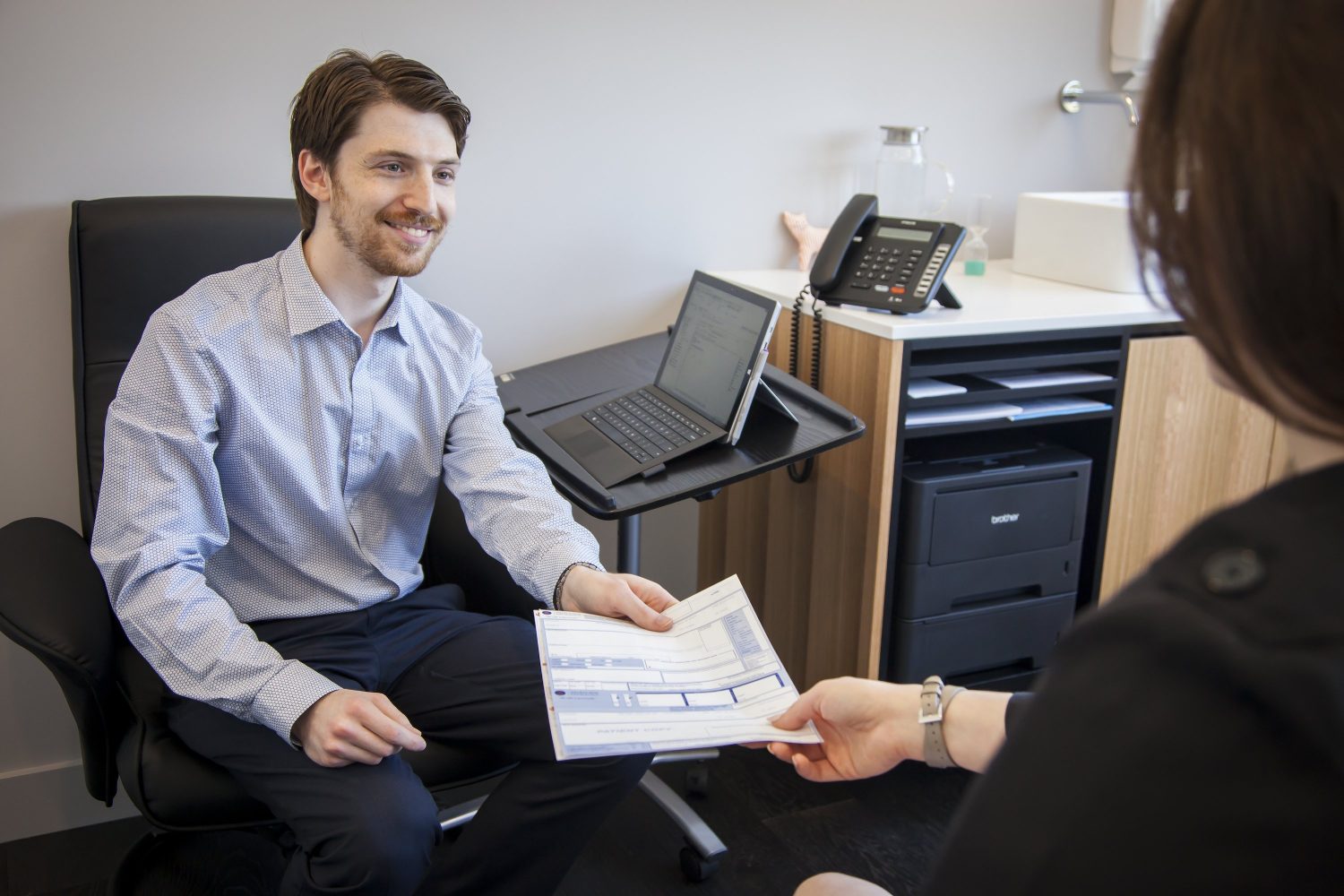

 2. Exercise assists in weight loss and helps prevent unhealthy weight gain
2. Exercise assists in weight loss and helps prevent unhealthy weight gain 3. Exercise reduces the risk of and helps to manage cardiovascular disease, reduce risk of heart attack, lower blood cholesterol, lower blood pressure
3. Exercise reduces the risk of and helps to manage cardiovascular disease, reduce risk of heart attack, lower blood cholesterol, lower blood pressure 4. Social interaction and exercise go hand-in-hand
4. Social interaction and exercise go hand-in-hand 5. Build strong muscles and bones
5. Build strong muscles and bones
 8. Lower the risk of falls with exercise
8. Lower the risk of falls with exercise





